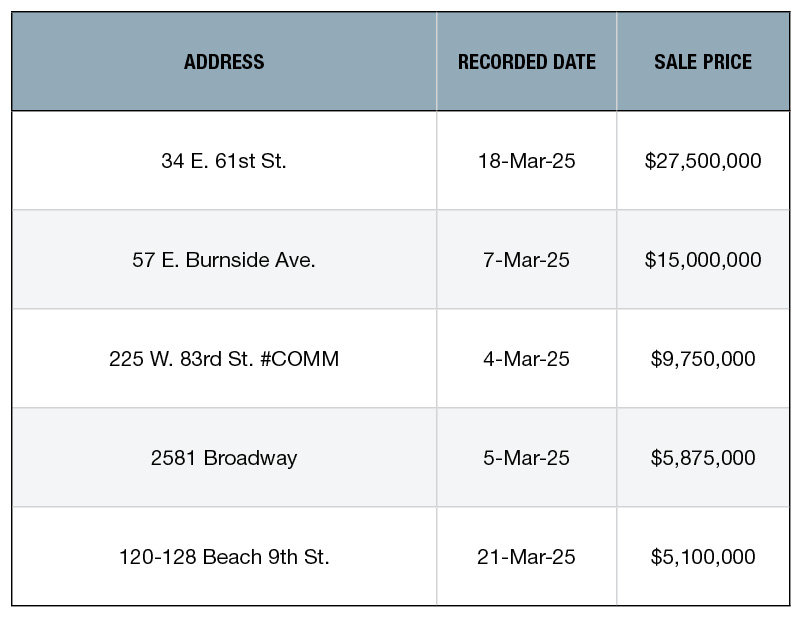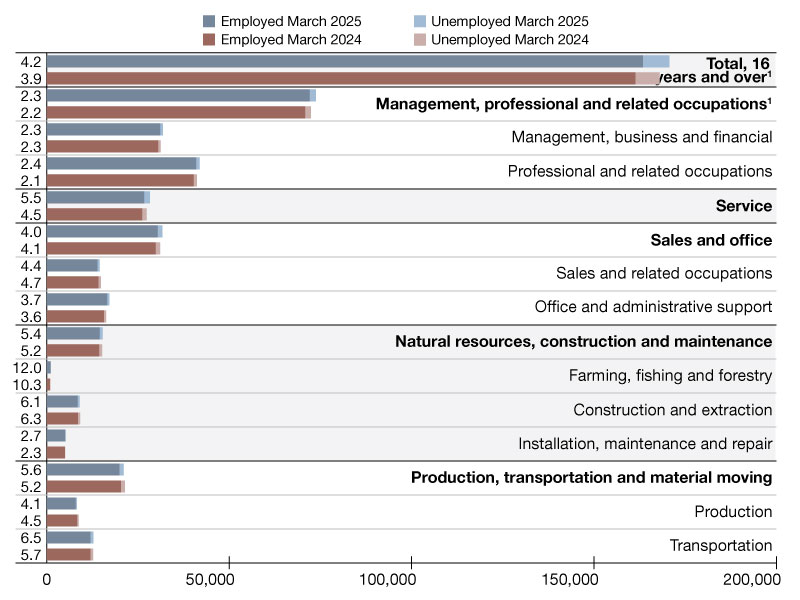Weakened CRE Activity Pressures Some REIT Ratings
REITs are struggling with disruptions in the capital markets and low transaction activity, observes Chris Wimmer of Fitch Ratings.
As the commercial real estate sector continues to experience significant challenges, some US equity REITs are facing increased ratings trouble. Weak CRE sales volumes have the potential to pressure U.S. equity REITs dependent on asset sales to keep their leverage within policy targets.
Higher borrowing costs, duress on macroeconomic and CRE fundamentals, and further credit contraction from bank sector stresses could weigh on property valuations and transaction volumes. However, discounted valuations cause equity issuance to be uneconomical for most, though stabilizing developments can provide some leverage relief.
Fitch’s currently-rated equity REITs include SL Green Realty, Vornado Realty Trust, Ventas, Digital Realty Trust, Global Net Lease, The Necessity Retail REIT, and Omega Healthcare Investors. Each rating incorporates assumptions that include future property disposition volumes and valuations. Rising interest rates spurred by the Fed’s tightening has resulted in unusually wide value discrepancies between buyers and sellers across most property types and markets. This is most notable for challenging sectors, such as office REITs.
The office REIT sector remains a key focus given its underperformance relative to the broader REIT market since early 2020, mostly driven by the pandemic. Sustained underperformance points to market skepticism toward the office sector, which has generally been indiscriminate by market and asset quality. Office REIT shares have declined by about 50 percent since the beginning of 2020, compared with roughly -6.5 percent returns for the REIT sector average.
The implied median cap rate for office REITs has increased by approximately 200 basis points, reflecting depressed office REIT share pricing. As a result, it has become highly expensive for office REITs to raise common equity to fund investments, limiting a key avenue to de-lever. These considerations are in addition to the challenges in selling or otherwise monetizing owned properties as an alternative capital source.
Since early 2022, CRE transaction volume has steadily declined due to the confluence of operating fundamentals pressure, higher interest and capitalization rates, limited buyer financing, bank turmoil, and looming recession risk. Given this, Fitch expects office transaction volumes to remain under pressure until there is greater clarity on valuation. This will be driven by a higher level of confidence in tenants’ in-office arrangements, longer-term tenant demand expectations, resulting cash flows, and the risk premium ascribed to those cash flows.
Asset sales are an imperfect substitute for equity issuance. Dispositions generally entail some loss of income that may cause REIT leverage to tick up modestly. Selling assets can also lower portfolio granularity and diversification, in addition to a risk of adverse selection in portfolio quantity.
Chris Wimmer, CFA, is senior director, Fitch Ratings.








You must be logged in to post a comment.